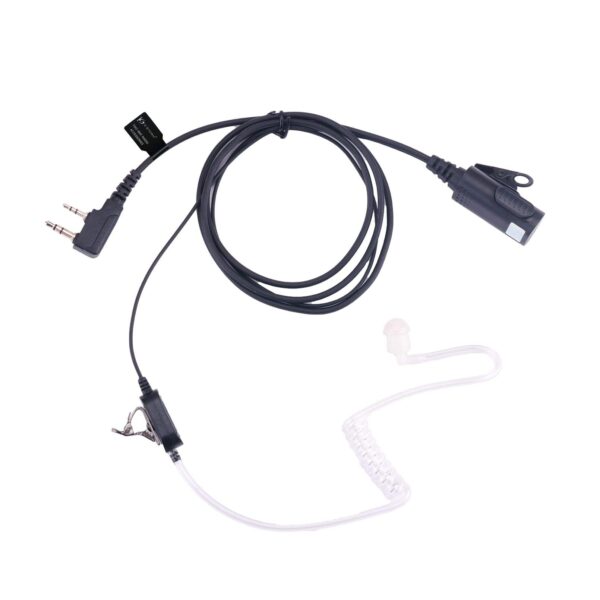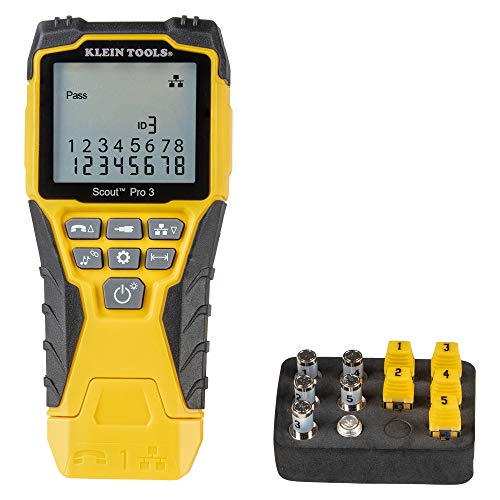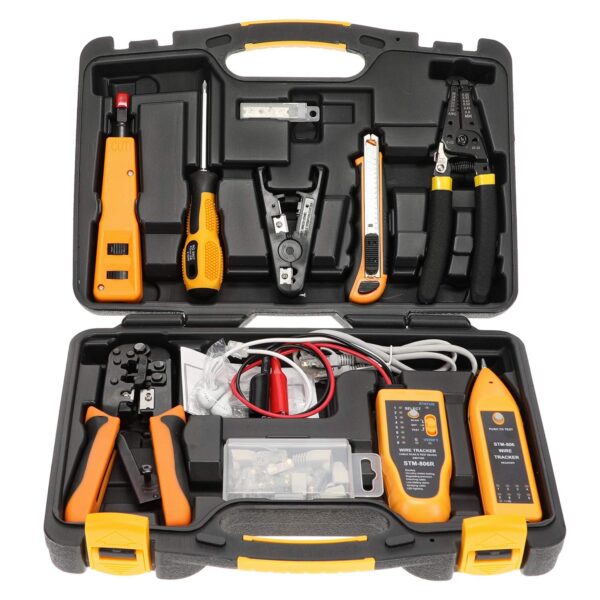
Telecommunications contractors are integral to the modern digital infrastructure, tasked with designing, installing, maintaining, and repairing complex telecommunications systems, including phone lines, broadband Internet, and fiber-optic networks. They ensure seamless connectivity, which is pivotal for both personal communication and business operations. Understanding the role of a telecommunications contractor provides insight into the backbone of our connected world and its dynamics within construction and design.

Successful telecommunications contractors possess a diverse skill set:

To become a telecommunications contractor, a high school diploma is usually required, though many employers prefer candidates with postsecondary education in electronics or related fields. This can include associate’s degrees or relevant certifications. On-the-job training is often essential, varying from a few months to several years. Some regions may require regulatory certifications from bodies like the Society of Cable Telecommunications Engineers. For more detailed information on the necessary certifications and legal prerequisites, you can explore the licensing requirements.
In many jurisdictions, a telecommunications contractor license is mandatory to install or maintain telecommunications systems legally. This license confirms that the contractor meets the industry's knowledge standards, usually requiring passing an examination. Further details on obtaining this license can be found in the contractor licensing process. Additionally, contractors must establish a solid business plan, addressing objectives, strategies, and financials—pivotal whether starting anew, acquiring an existing business, or opting for franchising. For those exploring local opportunities, a quick search for "telecommunications contractors near me" might be beneficial.

The telecommunications industry is undergoing rapid evolution, spurred by technological innovations. This shift results in significant opportunities for skilled contractors as service demand surges for installations, upgrades, and maintenance. Consequently, telecommunications contractors are pivotal in the digital economy, ensuring the continuous flow of information and contributing to the growth of technology infrastructures across sectors.

Telecommunications contractors are pivotal in maintaining clear communication lines in various environments, and accessories like the KS K STORM Surveillance Earpiece are crucial tools of the trade. The earpiece, appearing robust yet discreet in the image, is designed for covert operations, with an inconspicuous acoustic tube that ensures private communication. Its durable build and exceptional sound quality enable professionals to stay connected in any situation, while the comfortable fit allows for extended use without fatigue, making it an asset for anyone in the field of telecommunications.

Telecommunications contractors thrive on precision and efficiency, and the Klein Tools VDV501-851 Ethernet Locator is their trusty companion. With a robust design evident in the image, the yellow and black instrument features a large, readable screen for quick test results. It simplifies complex cable tracing and testing, ensuring robust network installations. Its reliability and user-friendly interface make it an invaluable tool for professionals in the field, guaranteeing precise diagnostics and streamlined workflows.

Telecommunications contractors are the backbone of our connected world, ensuring seamless communication through expert installation and maintenance. An essential ally in their toolkit is the InstallerParts Network Installation Tool Kit. This comprehensive set answers the needs of professionals with precision and ease. Contained within a robust, organized case, each tool is crafted for optimal performance, from cable crimpers to wire trackers. Enhancing efficiency, the kit's versatility paves the way for swift, effective deployments or repairs, making it an indispensable asset to the trade.
Understanding the role of telecommunications contractors shines a light on the unseen heroes of our interconnected lives. If you're as fascinated by the people behind our seamless communication networks as we are, why not stay in touch with us? You can explore even more amazing insights and behind-the-scenes stories by following us on our Pinterest page, where we pin the most inspiring tech and design ideas. For daily doses of incredible designs and updates, check out our Instagram feed, or join the conversation on X. We're also active on Facebook, where we love sharing stories that matter. Let's connect and keep this conversation about the backbone of our digital world going strong!
Communications contractors are professionals who focus on the installation, modification, enhancement, and maintenance of telecommunications systems in residential and commercial settings. They handle various communication services, including internet, mobile phone, and television service packages. Hence, a deep understanding of telecommunications is crucial for their role.
A telecommunications agent serves as an independent consultant who offers a wide range of telecom and data network carrier options. With access to over 180 providers, they work on behalf of their clients, earning only upon the successful sale and installation of the chosen service.
A telecommunications specialist is responsible for managing and prioritizing network and equipment repairs, setting up voice and data networks by configuring features, and integrating systems. They adhere to industry standards and use remote access tools to complete these tasks efficiently.
A Telecommunications Construction Technician is tasked with the installation, building, and maintenance of both aerial and underground telecommunications infrastructure. The role is different from that of a Senior Telecommunications Construction Technician, who is responsible for leading and supervising a team of technicians.

Immerse yourself in architecture’s most boundary-pushing ideas—where innovative home improvements meet visionary urban developments. Discover new building techniques, materials, and creative concepts that are redefining how we shape our spaces on a global scale.